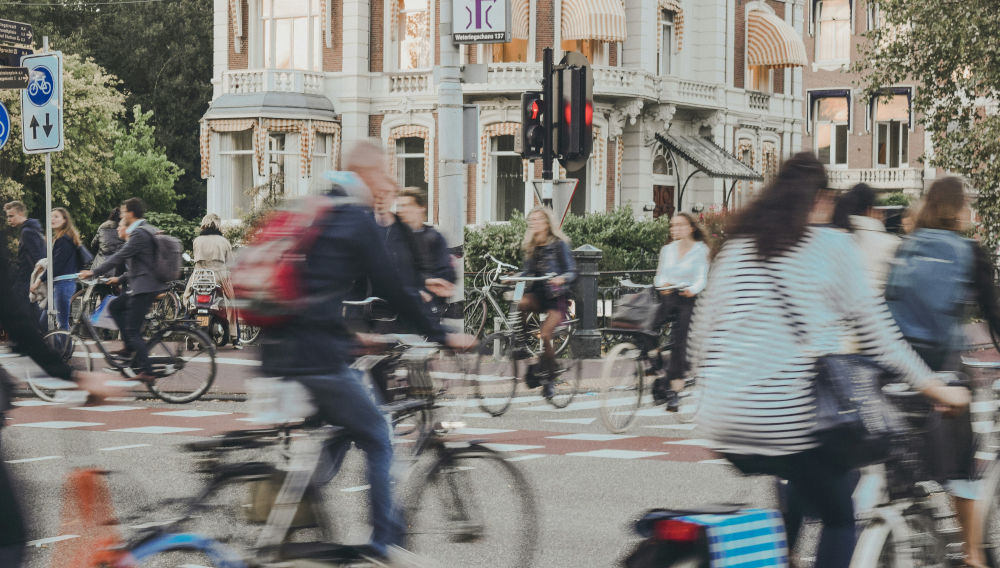Dutch excise hike threatens beer culture
The Netherlands | At the behest of public health advocates, 2024 saw the excise on beer, wines, and spirits rise by 8.4 percent. Some Dutch cities, including Utrecht, Haarlem, and Groningen, also decided to ban alcohol advertising on municipal billboards.
As if this was not enough, on 1 January, a system change for beer came into effect – one that had already been approved in 2021 but not yet effectuated. The Netherlands switched from four excise categories (based on degrees Plato) to a system, whereby excise is levied per percentage alcohol (by volume).
The system change of 2021 was said to be budget neutral, the tipping point being at around 5 percent ABV. Beers with a lower alcohol percentage would get a lower excise rate, beer with a higher ABV an increase. But due to the excise hike of 8.4 percent, which was introduced together with the implementation of the new system, the budget neutrality was scrapped.
A levy on soft drinks
Interestingly, the Netherlands also launched a levy on soft drinks, which was likened to a “sugar tax”. However, for some technical reasons, the levy also applies to sugar free soft drinks and even non-alcoholic beers (but not to sugared milk drinks). The implementation of this measure has led to a considerable tax hike for non-alcoholic beer, which is not in compliance with the stated objective of reducing alcohol and sugar-related harms.
Henri Reuchlin, Director of StiBON beer education, made a tabulation of the effect of the excise change to highlight the difference. This is for big breweries. Breweries producing less than 200 000 hl/year only pay 92.5 percent of the rate. Incidentally, the rate for a 13 percent ABV beer is higher than for wine of the same strength.
| alc% (vol) | 2024 | 2023 |
|---|---|---|
| 0.5 | EUR 26.13 | EUR 8.83 |
| 5 | EUR 40.60 | EUR 35.11 |
| 8 | EUR 64.96 | EUR 43.92 |
| 10 | EUR 81.20 | EUR 43.92 |
| 13 | EUR 105.56 | EUR 43.92 |
Brewers might lower the ABV of their beers
If brewers seek to tweak the rate, they will need to reformulate their beers to a lower ABV. Every reduction by a percentage point will lead to a reduction of EUR 8.20/hl in excise, to which VAT and retail margins will need to be added.
It is in this respect that Mr Reuchlin expects brewers to gravitate towards lower strength beers. In extremis, the new taxation regime could pivot Dutch beer culture from one akin to Belgium’s towards one resembling the UK’s.
Keywords
health beverage industry The Netherlands taxes
Authors
Ina Verstl
Source
BRAUWELT International 2024

